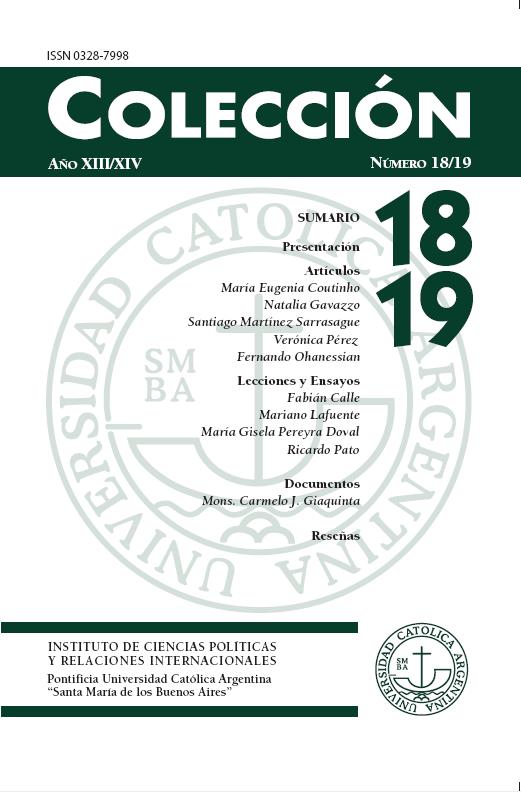Military subordination to civil power and 'authoritarian enclaves' in Chile
Keywords:
Civilian-military relations, Pinochet, Democratization process, Defense policy, ChileAbstract
Civilian-military relations in Chile following the end of the military regime (1973-1990) were affected by the existence of concessions and prerogatives, proposed by the military and accepted by the civilian leadership through negotiation, which prevented a formal and full subordination of the Armed Forces to civilian authority. The author argues that the effective influence of these prerogatives, known as the “authoritarian enclaves”, can be called into question when considering that the military refrained from fully using the power resources given to them by these prerogatives in order to not jeopardize democratic stability, while civilian governments were able to reinterpret some of the military’s prerogatives, thus gaining unforeseen powers over the military. Finally, the authoritarian enclaves failed in their goal to preserve the institutional autonomy of the military in the terms set by the military itself prior to relinquish power to the democratic authorities.Downloads
Download data is not yet available.
Downloads
Published
2017-11-23
How to Cite
Martínez Sarrasague, S. (2017). Military subordination to civil power and ’authoritarian enclaves’ in Chile. Colección, (18-19), 79–118. Retrieved from https://e-revistas.uca.edu.ar/index.php/COLEC/article/view/808
Issue
Section
Research Articles
License










 Colección
Colección